
Rev. James D. Conley, D.D., S.T.L. | Diocese of Lincoln website
Dennis Kellogg, Southern Nebraska Register: Early in your life, you had a passion for baseball. How did that shift to a passion for Scripture?
Dr. John Kincaid, Emmaus Institute: Growing up in Pittsburgh, I was raised in an evangelical Protestant home, and our faith was important to us, especially in my early years. But as I got older, another love of my life emerged, and that was baseball. In my teenage years, baseball became more important than God, and that was to my own detriment.
As time went on and I played both in high school and college, things began to shift in my life. In college, I had a profound reversion to my childhood evangelical faith. It was then that Jesus of Nazareth became the most important person in my life. As a result, I wanted to know Jesus more through the pages of Sacred Scripture. I decided to stop playing baseball and transfer to Geneva College outside of Pittsburgh.
After my time as an undergraduate, I went on to study at Covenant Theological Seminary in St. Louis, the denominational seminary of the Presbyterian Church in America.
While at Covenant, I began asking questions about the history of theology, biblical interpretation before the Reformation, and the nature of the Church. After Covenant, I pursued a second master’s degree at Duke University. During my time at Duke, my wife and I were received into the Catholic Church.
Becoming Catholic deepened my love for Scripture in a new way. Reading the Bible from within the heart of the Church enabled me to integrate various pieces of biblical interpretation that I had been seeking.
SNR: In looking at some areas where you focus your writings and career efforts it seems like one place has been examining Catholic faith through Saint Paul's writings. Why this emphasis?
Dr. Kincaid: My love for Paul has been present since my reversion to Christianity. Through many years studying his letters, this love has only grown because Paul’s theology is foundational to Catholic faith.
For instance, Paul’s idea that the Church is the body of Christ comes from Romans and 1 Corinthians but also Ephesians and Colossians. Topics such as grace, faith, and being adopted sons and daughters of God are central in Paul’s letters and have shaped Catholic identity for nearly 2 millennia.
It is nearly impossible to imagine our Catholic faith without Paul’s influence; therefore we should view him as a friend who helps us fall more in love with Jesus since he was a Christ-consumed man who aids us in imitating Christ.
SNR: For average Catholics sitting in pews who find scripture study overwhelming what advice would you give them if they want to dive into Scripture?
Dr. Kincaid: There are multiple starting points; it can be as simple as beginning with reading Scriptures like Gospels which help encounter Jesus of Nazareth.
However learning how best read scripture well requires understanding its diverse complexity particularly contextual passages which aren't always easy comprehend fortunately church offers great resources guiding readers along path becoming good attentive readers scriptures preliminary resource Catechism lays out principles helping guide us becoming better readers
Additionally Emmaus Institute here Lincoln exists helping Catholics learn read Bible well hearing God's voice requires training formation apprenticeship hearing His voice through pages Sacred Scripture rather than own voice come Bible hear what God saying human authors
SNR: You’re joining talented staff Emmaus Institute what do think will bring staff potential Emmaus Institute?
Dr Kincaid Well hope bring number things first love passion Apostle Paul teaching classes offering wider community something excited able do Emmaus eager work fantastic faculty continue develop curriculum serving church fully Lincoln beyond sure Emmaus exists serve Diocese Lincoln also want make resources accessible wider church eager help accomplish goal coming years
SNR You keynote speaker upcoming Bellarmine Banquet Sept 22 Lincoln share bit talk
Dr Kincaid subject talk will be purpose vision why think mission critically important look toward future needs happen coming years ongoing renewal developing deeper knowledge love Scriptures Pope Benedict said require work entire generation overarching goal chart vision pursuing work current generation generations stretching front talk past present future foundational place written Word God life Church
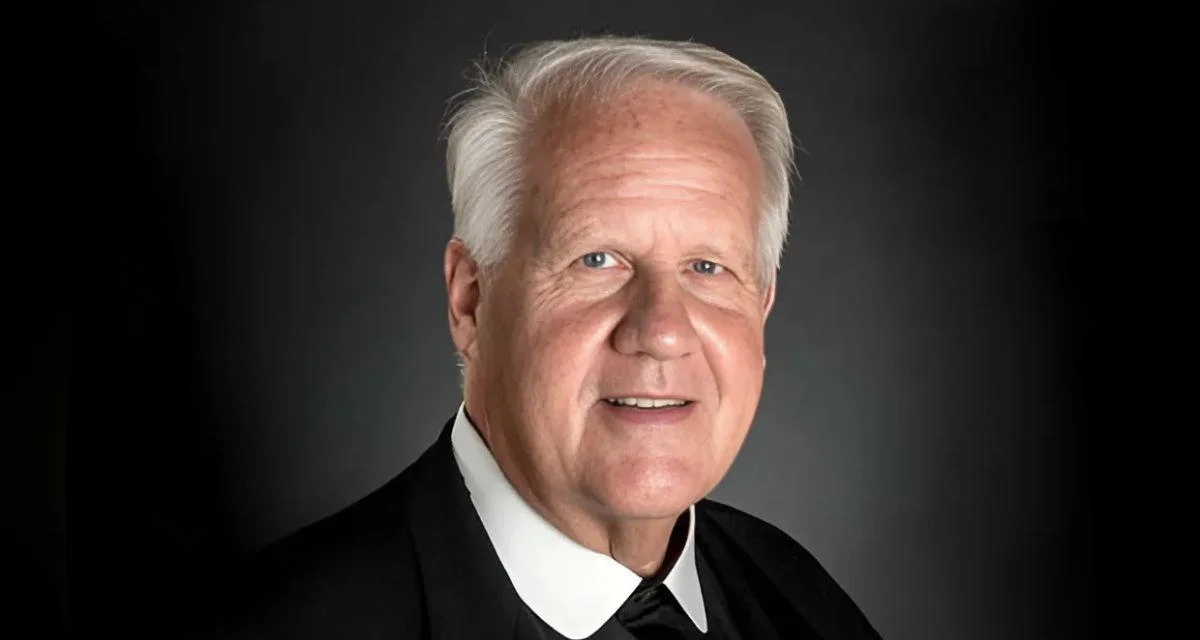
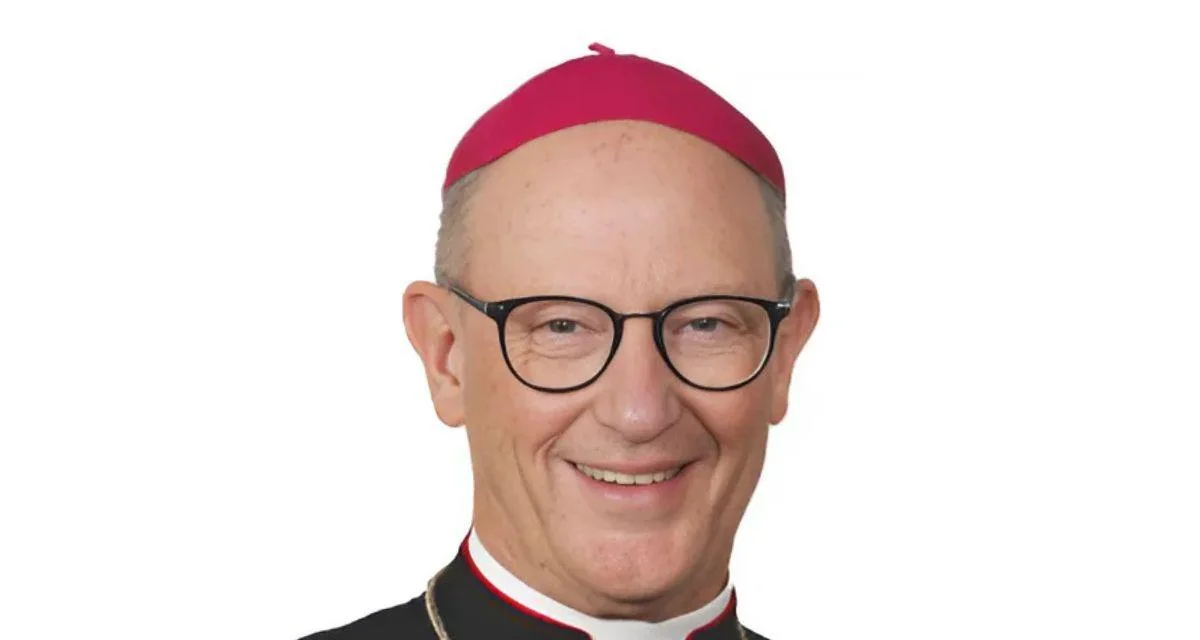
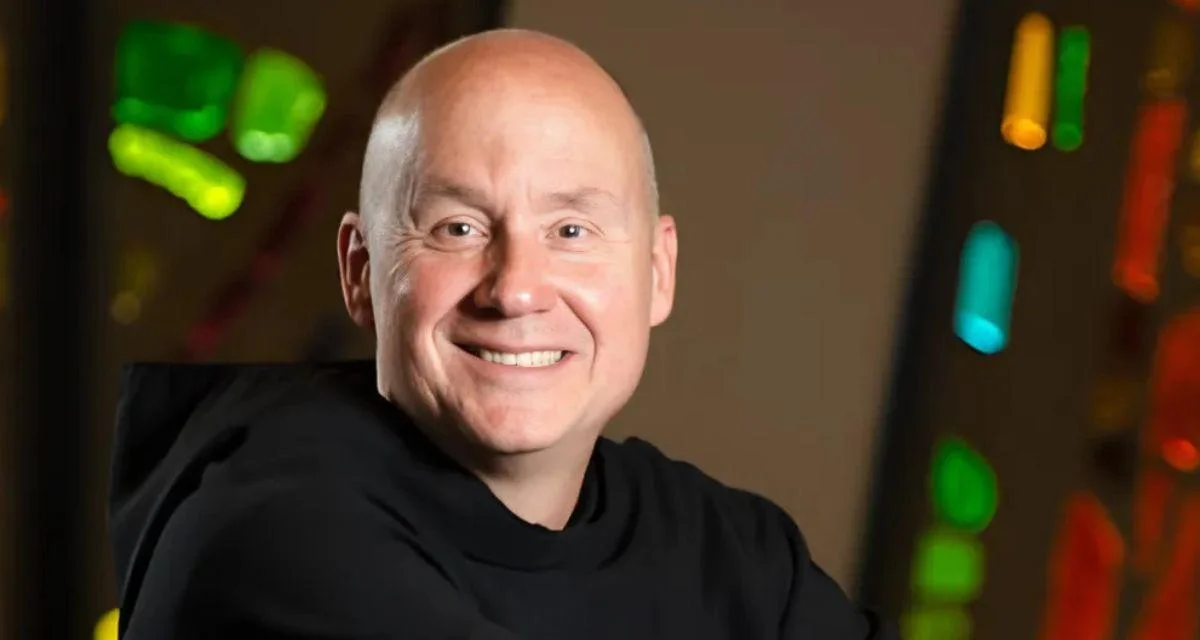
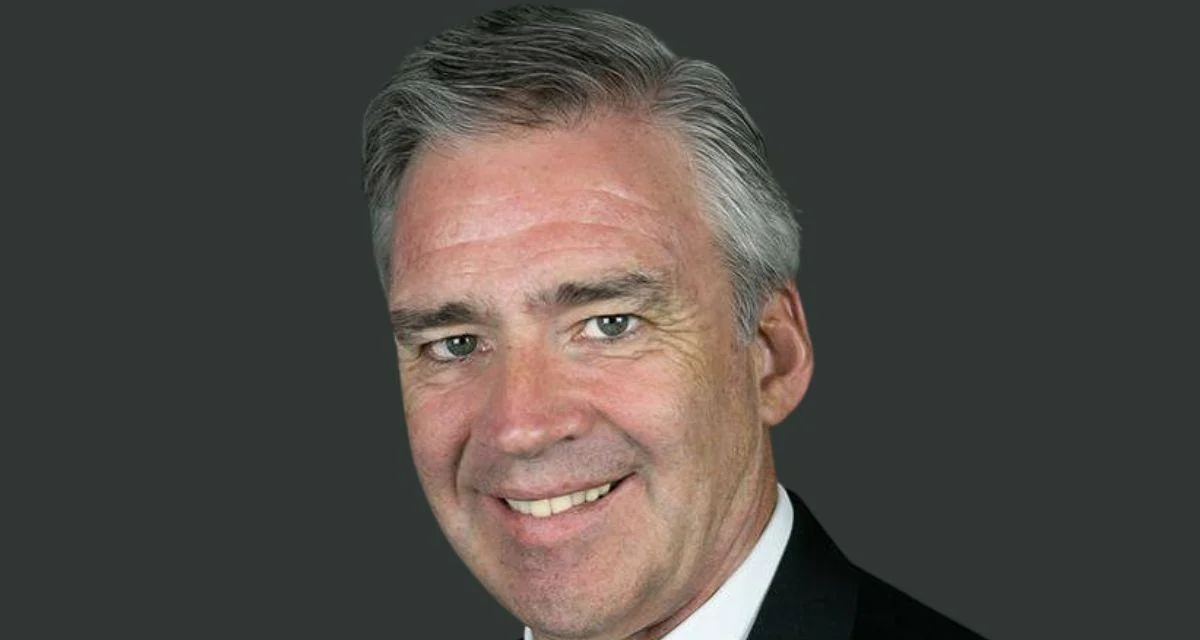
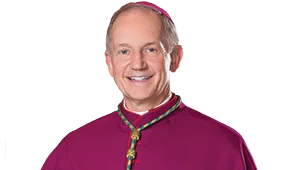
 Alerts Sign-up
Alerts Sign-up